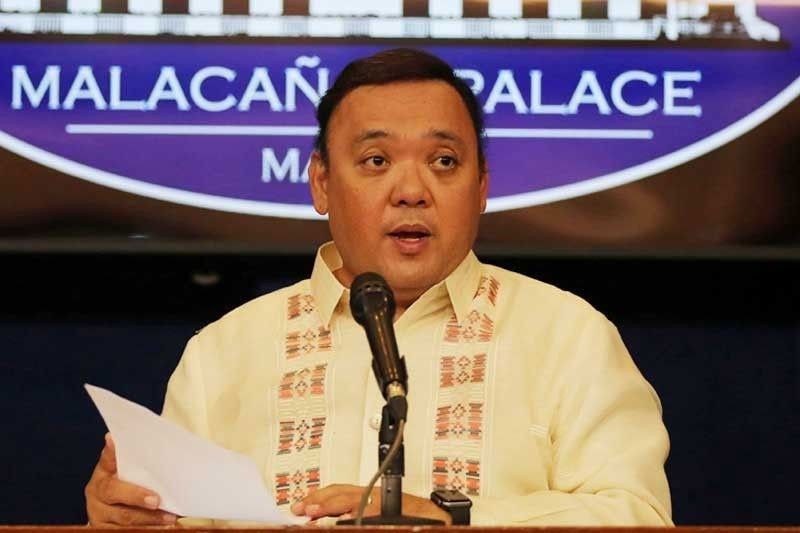Palace rejects conclusions in UN rights report

MANILA, Philippines — Presidential spokesman Harry Roque Jr. rejected yesterday some of the conclusions of the United Nations Office of the High Commissioner for Human Rights (OHCHR), which alleged that the Philippine government has engaged in widespread human rights violations in the name of national security and the fight against drug trafficking.
“We firmly reject these conclusions. That being said, the government will continue to respect its international legal obligations, including human rights,” Roque said in a statement.
The Philippine government has noted the recommendations made by the OHCHR, Roque said, but the Palace is not keen on agreeing with the conclusions.
The government, however, cannot commit to their full implementation “given the faulty conclusions on which they were premised, among them the alleged violations of the right to life, the supposedly arbitrary deprivation of liberty of those involved in drug cases, the alleged violations of the right to health and the implication that Filipino civic space is being destroyed by the focus given to public order and national security,” Roque said.
The UN Human Rights Office also called on the government to immediately address its tactics and the way it deals with suspects.
On the contrary, Roque said the Philippine government under the Duterte administration has been trying to step up in improving its human rights standing in the global community even during the coronavirus 2019 pandemic.
“We maintain that the rule of law is upheld in the Philippines and any offenses committed by law-enforcement or otherwise will be dealt with in accordance with due process. Our courts stand ready to receive and rule on any complaints and their autonomy is respected by the Duterte administration,” he said.
In the midst of a crippling pandemic, Roque said it is the Philippine government’s responsibility “to ensure that its citizens are not exposed to the virus, misled by misinformation spread under the guise of free speech or harmed by criminals taking advantage of a precarious situation.”
The Palace official added that the Philippines in recent years has advanced human rights through measures such as universal health care, universal access to tertiary education, the provision of support for mental health and many others.
“We are also gratified that the OHCHR has noted our efforts in improving the administration of justice, the provision of treatment for drug users and the millions spent for social and economic development programs under initiatives for sustainable peace in conflict-ridden areas,” Roque added.
By the OHCHR’s own reckoning, Roque said the “legal, constitutional and institutional framework in the Philippines contains human rights safeguards, as well as checks and balances.”
Roque said the Philippine government continues to ensure the exercise of the rights guaranteed by our Constitution. “However, it is also the Philippine government’s duty to enforce the acknowledged and clear limits of these rights: public order, public safety and security, and public health,” Roque said.
While there have been important human rights gains in recent years, particularly in economic and social rights, the UN OHCHR said the underpinning focus on national security threats – real and inflated – has led to serious human rights violations, reinforced by harmful rhetoric from high-level officials.
The 26-page study adds that there have been 8,663 deaths since the government in Manila began its campaign against drugs under Duterte four years ago. The OHCHR said 248 human rights activists, legal professionals, journalists and trade unionists have been among the dead since 2015.
Roque countered the high commissioner’s observation, citing the government’s commitment to the campaign against illegal drugs.
The drug war is buoyed not just by its gains with respect to drug users rehabilitated and drug peddlers stopped, but by the public’s continued support for the President, who won his office on the issue of illegal drugs, Roque said.
According to Roque, the OHCHR’s conclusions regarding the supposed crackdown on critical advocates is belied by its own findings that the “Philippines has a long-standing, robust tradition of human rights advocacy and civil society activism, with 60,000 registered non-governmental organizations.”
- Latest
- Trending





























